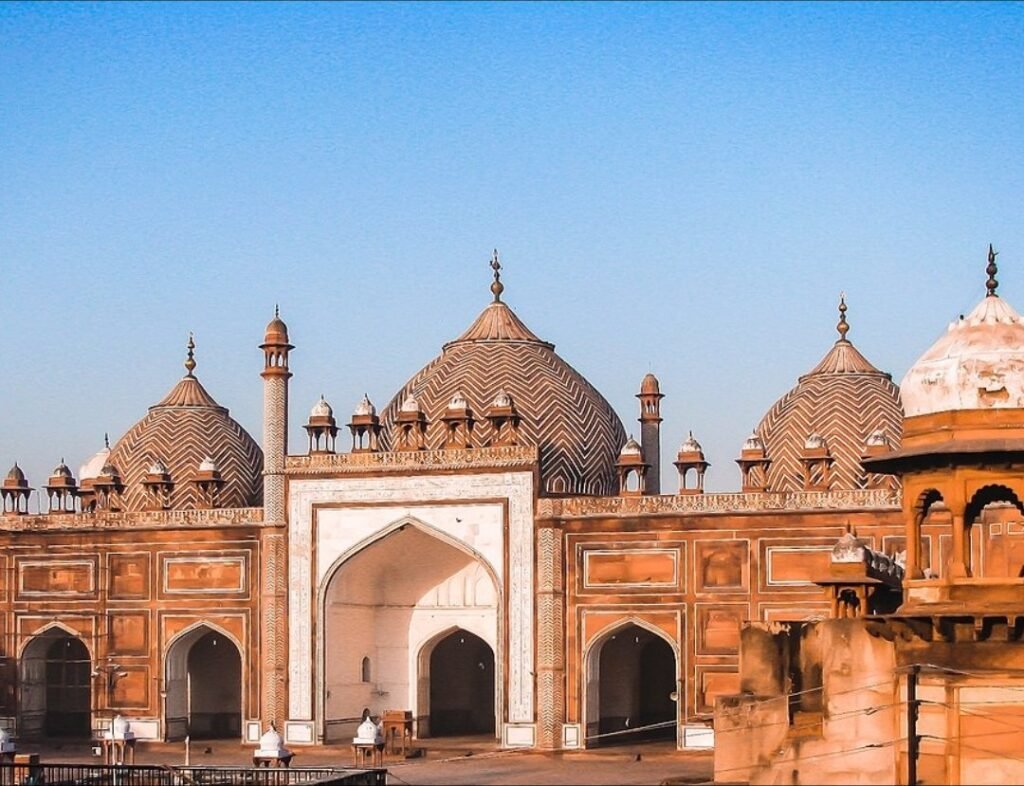On September 13, the Karnataka High Court had held that shouting “jai shri ram” inside a mosque did not constitute the offence of “outraging religious feelings.” An appeal has been filed against his verdict.
NEW DELHI — An appeal has been filed before the Supreme Court challenging a Karnataka High Court verdict which had held that shouting “Jai Shri Ram” inside a mosque does not attract the offence of outrage the religious feelings/ sentiments.
The Karnataka High Court had made the observation on September 13 while quashing criminal proceedings against two men booked on allegations that they insulted others’ religious beliefs.
The appeal challenging this verdict is listed before a Bench of Justices Pankaj Mithal and Sandeep Mehta for hearing on December 16.
The case involves allegations that two residents of Dakshin Kannada district, Keerthan Kumar and Sachin Kumar, entered a local mosque named Badnya Jumma Mashib last year and shouted “Jai Shri Ram.”
The two also allegedly threatened that “they will not allow Beardys (Muslims) to live in peace.”
Both men were booked by the local police under several provisions of the Indian Penal Code (IPC) including Section 295A (acts intended to outrage religious feelings), 447 (trespass), and 506 (criminal intimidation), following a complaint registered against them.
The two later moved the Karnataka High Court seeking the quashing of the criminal case against them.
On September 13 this year, Justice M Nagaprasanna of the High Court granted them relief and quashed the case, observing:
“Section 295A deals with deliberate and malicious acts intended to outrage religious feelings of any class by insulting its religion or religious beliefs. It is ununderstandable as to how if someone shouts ‘Jai Sriram’ it would outrage the religious feeling of any class. When the complainant himself states that Hindu – Muslims are living in harmony in the area the incident by no stretch of imagination can result in antimony.”
The High Court also found that the alleged act in this case did not have any adverse effect on public order.
“The Apex Court holds that any and every act will not become an offence under Section 295A of the IPC. The acts that have no effect on bringing out peace or destruction of public order will not lead to an offence under Section 295A of the IPC,” the High Court added.
The complainant in the case has now challenged this before the Supreme Court.
His plea before the Supreme Court says that the High Court took a very pedantic view of the matter, and that its approach was against Supreme Court judgments on how to deal with petitions to quash criminal cases.
“It is submitted that the test to be employed in adjudicating a quashing petition is not whether the ingredients of offences alleged in the FIR are met, but whether the allegations made in the FIR, taken at face value, disclose the commission of cognizable offences,” he contends.
It is his case that the allegations in this case, at face value, indicates the commission of various offences. He has also contended that the Supreme Court itself has repeatedly deprecated the quashing of criminal proceedings at the stage of investigation.
“This Hon’ble Court (Supreme Court) has time and again held that the inherent powers under Section 482 (CrPC) cannot be used to stifle legitimate prosecution, particularly when the investigation is ongoing,”the plea said.
Moreover, the complainant has also disagreed with the High Court’s observations regarding whether shouting ‘Jai Shri Ram’ in a mosque would constitute an insult to a religious class.
“For reasons best known to itself, (the High Court) has adopted a very peculiar approach and rendered a finding that “It is ununderstandable as to how if someone shouts ‘Jai Sriram’ it would outrage the religious feeling of any class”, completely ignoring the fact that such utterances were made by the accused by trespassing into the Mosque … along with threatening the Muslim community. It is most deferentially submitted that such uncalled for and unjustified observations by the High Court will give a fillip to anti social elements, who in recent times have been seen to be resorting to such religious and devotional chants to justify gruesome crimes like mob lynching and targeted attacks upon the minorities across the country,” the plea said.
The plea has been filed through advocate Javedur Rahman.
C. Bar and Bench

